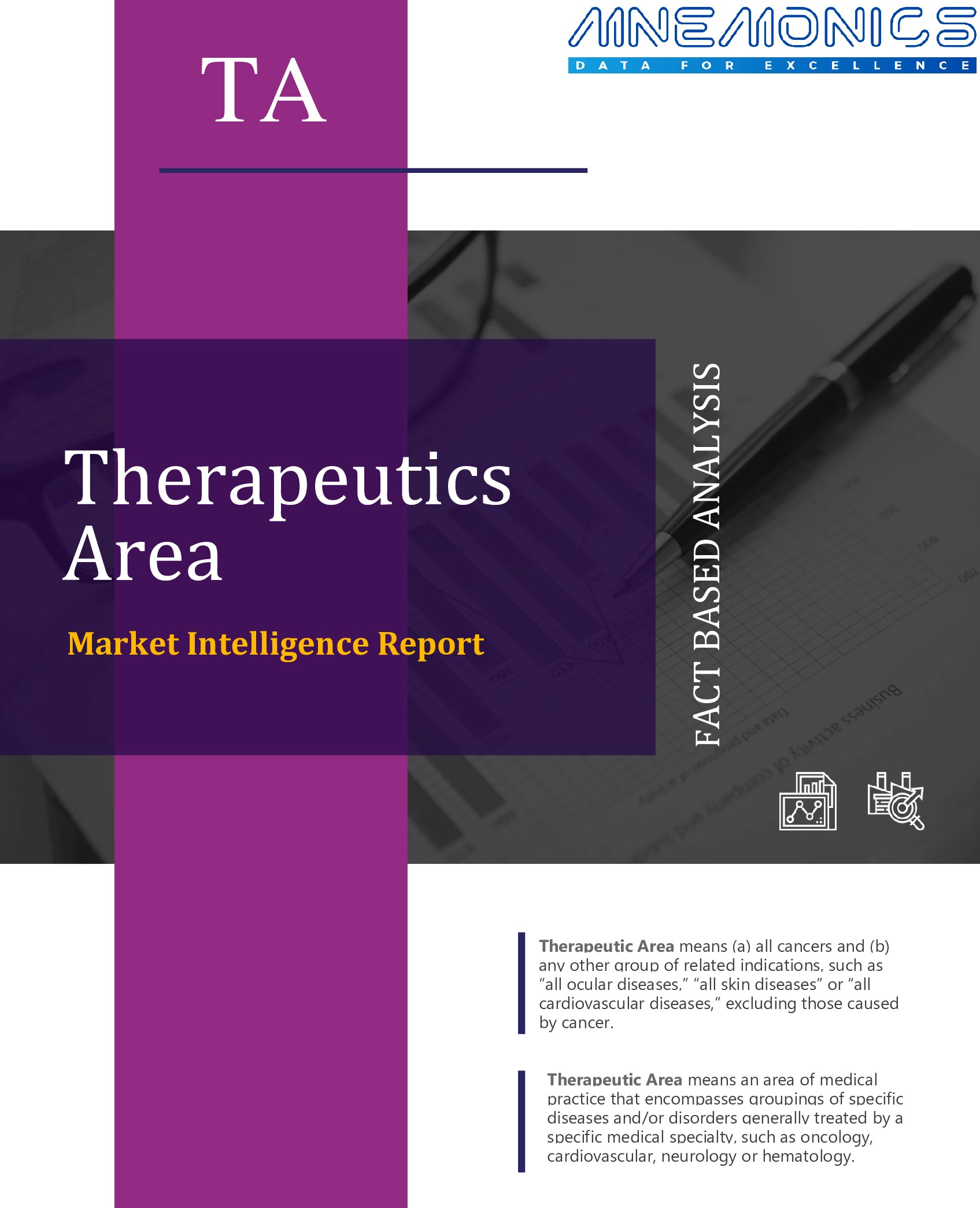
Autism: Epidemiology Forecasting Intelligence
Date: Jan-2019 | Id: MACRC-0139 | Geographical Scope: Global | Publisher: CmaxInsight
“Autism-Epidemiology Forecasting Intelligence” report provides a comprehensive analysis of the Autism epidemiology, providing the historical, current, and forecasted data for the United States, European Union 5 (EU5- Germany, Spain, Italy, France and United Kingdom) and Japan during the period from 2018-2028. Our epidemiology services include: • Incidence and prevalence • Diagnosis rate, treatment rate and mortality patterns • Epidemiology-based forecasting and disease trends • Size of different patient segments in a disease area • Population based: disease occurrence, co-morbidities and treatment patterns • Geographic - Regional - Ethnic differences Along with the epidemiological data, the report also includes: • Disease overview, causes, symptoms, classification, risk factor, pathophysiology, diagnosis and treatment • Patient treatment journey • Treatment algorithm and guidelines • Assesses the disease risk and burden • Highlights the unmet needs • Market driver and barrier • Growth opportunities and market trend analysis Methodology • This report is built using data and information sourced from proprietary databases, primary and secondary research and in-house Epidemiology Forecast model analysis by a team of industry experts. • To generate accurate patient population estimates, utilizes a combination of several world class sources that deliver the most up to date information from patient registries, clinical trials and epidemiology studies. • All of the sources used to generate the data and analysis have been identified in the report. Note: Systematic review of the epidemiological literature is also provided for full transparency into research and methods. This report can be delivered to the clients within 4-5 business days.
1. Report Introduction 2. Autism Epidemiology Overview at a Glance 3. Market Share Distribution of Autism 4. Disease Background and Overview: Autism 4.1. Introduction 4.2. Signs and Symptoms 4.3. Etiology 4.4. Risk Factors 4.5. Pathophysiology 4.6. Diagnostic Landscape 4.6.1. Diagnostic Practices 4.6.2. Diagnostic Criteria 4.6.3. Diagnostic Recommendations 4.7. Treatment Landscape 4.7.1. Current Treatment Practices 4.7.2. Treatment Algorithm 4.7.3. Treatment Recommendations 5. Autism Epidemiology 5.1. Key Findings 5.2. Assumptions & Rationale 5.3. 7MM Epidemiology 6. Epidemiology of Autism by Countries 7. United States 7.1. Assumptions and Rationale 7.2. Prevalent/Incident Cases of Autism 7.3. Sub-Type Specific cases of Autism* 7.4. Sex- Specific Cases of Autism* 7.5. Diagnosed Cases of Autism 7.6. Treated Cases of Autism 8. EU5 8.1. Germany 8.1.1. Assumptions and Rationale 8.1.2. Prevalent/Incident Cases of Autism 8.1.3. Sub-Type Specific cases of Autism* 8.1.4. Sex- Specific Cases of Autism* 8.1.5. Diagnosed Cases of Autism 8.1.6. Treated Cases of Autism 8.2. France 8.2.1. Assumptions and Rationale 8.2.2. Prevalent/Incident Cases of Autism 8.2.3. Sub-Type Specific cases of Autism* 8.2.4. Sex- Specific Cases of Autism* 8.2.5. Diagnosed Cases of Autism 8.2.6. Treated Cases of Autism 8.3. United Kingdom 8.3.1. Assumptions and Rationale 8.3.2. Prevalent/Incident Cases of Autism 8.3.3. Sub-Type Specific cases of Autism* 8.3.4. Sex- Specific Cases of Autism* 8.3.5. Diagnosed Cases of Autism 8.3.6. Treated Cases of Autism 8.4. Spain 8.4.1. Assumptions and Rationale 8.4.2. Prevalent/Incident Cases of Autism 8.4.3. Sub-Type Specific cases of Autism* 8.4.4. Sex- Specific Cases of Autism* 8.4.5. Diagnosed Cases of Autism 8.4.6. Treated Cases of Autism 8.5. Italy 8.5.1. Assumptions and Rationale 8.5.2. Prevalent/Incident Cases of Autism 8.5.3. Sub-Type Specific cases of Autism* 8.5.4. Sex- Specific Cases of Autism* 8.5.5. Diagnosed Cases of Autism 8.5.6. Treated Cases of Autism 9. Japan 9.1. Assumptions and Rationale 9.2. Prevalent/Incident Cases of Autism 9.3. Sub-Type Specific cases of Autism* 9.4. Sex- Specific Cases of Autism* 9.5. Diagnosed Cases of Autism 9.6. Treated Cases of Autism 10. Unmet Needs Appendix Report Methodology Sources Used Disclaimer About CmaxInsight *Indication Specific Note: Certain sections of the table of contents would vary according to the availability of information.
Related reports

Ankylosing Spondylitis
$2500-$5000
Atrial Fibrillation
$2500-$5000
Chronic Obstructive Pulmonary Disease
$2500-$5000

